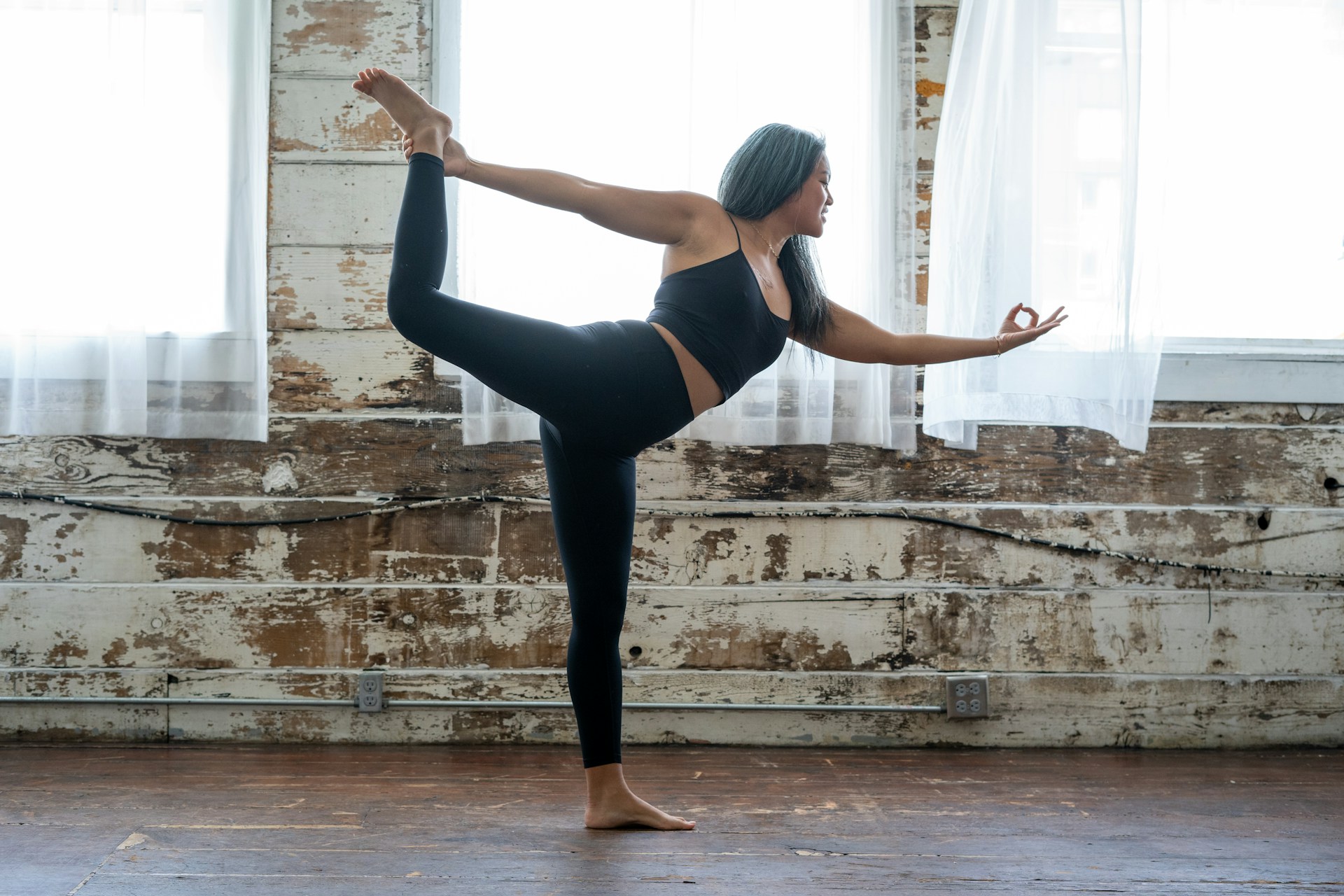In today’s fast-paced world, taking care of our overall wellness has become more important than ever.
With demanding schedules and constant stressors, finding ways to prioritize our physical, mental, and social well-being is crucial. One highly effective way to achieve this is through regular workouts. Engaging in consistent exercise not only benefits our physical health but also profoundly impacts our overall wellness.

Physical Benefits of Regular Workouts
Regular workouts offer numerous physical benefits that contribute to our overall wellness. Firstly, they improve cardiovascular fitness and endurance. By engaging in activities such as running, cycling, or swimming, we strengthen our heart and lungs, allowing them to work more efficiently. This increased endurance enables us to handle daily tasks easily and reduces the risk of heart disease.
Additionally, regular workouts help improve strength and flexibility. Strength training exercises like weightlifting or bodyweight workouts build muscle mass and increase bone density. This enhances our physical strength, supports better posture, and reduces the risk of injuries. Improved flexibility achieved through activities like stretching or yoga increases joint mobility and overall range of motion.
Furthermore, regular workouts contribute to weight management and body composition. Engaging in physical activity helps burn calories, which is essential for maintaining a healthy weight. Combined with a balanced diet and a creatine boost or other supplements, regular exercise can help prevent obesity and related health issues. Additionally, building lean muscle through strength training boosts metabolism, aiding in weight loss and weight maintenance.
Mental Benefits of Regular Workouts
Besides the physical advantages, regular workouts profoundly affect our mental well-being. Engaging in physical activity releases endorphins, known as the “feel-good” hormones, which naturally boost mood and reduce stress levels. The act of exercising also serves as an outlet for releasing pent-up emotions and tension, promoting emotional well-being.
Regular workouts have been shown to enhance cognitive function and memory. Exercise increases blood flow to the brain, delivering oxygen and nutrients that support brain health. This leads to improved focus, concentration, and mental clarity. Studies have also indicated that exercise can help reduce the risk of cognitive decline and improve memory retention.
Moreover, consistent physical activity positively impacts our self-confidence and body image. Regular exercise helps us achieve physical goals, such as weight loss or muscle tone, leading to a sense of accomplishment and boosting self-esteem. The release of endorphins during workouts also contributes to a more positive body image and overall self-perception.
Social Benefits of Regular Workouts
In addition to the physical and mental benefits, regular workouts offer social advantages that contribute to overall wellness. Participating in group fitness classes or team sports provides social interaction and connection opportunities. Engaging in activities alongside others allows us to build relationships, share experiences, and create a support system.
Workout buddies or groups often serve as a source of motivation and support. Exercising with others helps us stay accountable and committed to our fitness goals. The encouragement and camaraderie shared during workouts can be empowering, making exercise more enjoyable and sustainable in the long run.
Furthermore, regular workouts provide a sense of belonging to a community. Joining a gym, fitness club, or sports team fosters a sense of membership and belonging. This connection with like-minded individuals who share similar interests can positively impact our mental and emotional well-being.
Incorporating Regular Workouts into Daily Life
While the benefits of regular workouts are clear, it’s important to find ways to incorporate physical activity into our daily lives. Setting realistic goals and creating a workout routine is key to maintaining consistency. Start by identifying achievable targets and gradually increase the intensity and duration of your workouts over time.
Choosing activities that you enjoy and find sustainable is crucial for long-term adherence. Whether it’s running, dancing, hiking, or practicing yoga, finding activities that bring you joy will make it easier to incorporate exercise into your daily routine. Experiment with different forms of physical activity until you find what resonates with you.
Time constraints can often become a significant barrier to regular exercise in our busy lives. However, there are ways to overcome this challenge. Time-efficient workouts, such as high-intensity interval training (HIIT) or circuit training, allow you to maximize the benefits of exercise within a shorter timeframe. Additionally, incorporating physical activity throughout the day, such as taking the stairs instead of the elevator or going for short walks during breaks, can add up and contribute to your overall fitness.
Seeking professional guidance and expertise when needed can also be beneficial. Consulting with a personal trainer, fitness coach, or healthcare professional ensures that you’re following a safe and effective exercise regimen tailored to your specific needs and goals.
Overcoming Barriers to Regular Workouts
While the benefits of regular workouts are undeniable, certain barriers may hinder our ability to engage in consistent exercise. Lack of motivation and commitment is a common obstacle that many face. To stay motivated, set small, achievable goals and reward yourself for reaching milestones.
It’s also important to prioritize self-care and make exercise a non-negotiable part of your routine. Treat your workouts as an appointment with yourself and block off dedicated time in your schedule. Find accountability partners, whether it’s a workout buddy or a virtual fitness community, to help you stay motivated and committed to your goals.
Another barrier can be the fear of starting or trying something new. Remember that everyone starts somewhere, and it’s okay to take it slow. Start with activities that are comfortable for you and gradually challenge yourself as you build confidence and strength. Additionally, listen to your body and prioritize rest and recovery. Pushing yourself too hard without proper rest can lead to burnout and potential injuries. Allow your body time to recover and recharge to optimize your overall wellness.
Regular workouts significantly positively impact our physical, mental, and social well-being. Incorporating exercise into our daily lives can strengthen our bodies, improve our mental clarity, boost our self-confidence, and foster meaningful connections with others. Prioritizing regular workouts is a powerful step toward achieving overall wellness.






